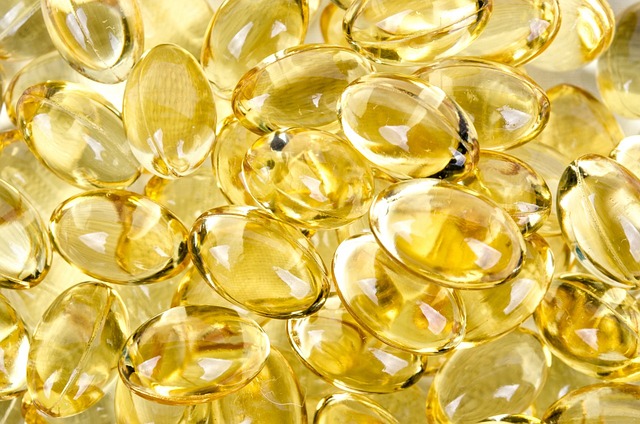
Antioxidants Supplements
Introduction
Antioxidants are compounds that play a crucial role in protecting the body from oxidative stress, which can lead to cellular damage and various chronic diseases. They are naturally found in a variety of foods, particularly fruits and vegetables. However, the popularity of antioxidant supplements has surged in recent years, prompting discussions about their efficacy and safety. This article aims to provide a comprehensive overview of antioxidant supplements, including their benefits, potential risks, and the best sources for obtaining antioxidants.
What Are Antioxidants?
Antioxidants are molecules that inhibit the oxidation of other molecules. Oxidation is a chemical reaction that can produce free radicals, leading to chain reactions that may damage cells. Common antioxidants include vitamins C and E, selenium, and various phytochemicals found in plants. These compounds are believed to neutralize free radicals, thereby reducing the risk of chronic diseases such as heart disease, cancer, and neurodegenerative disorders.
Sources of Antioxidants
While antioxidant supplements are available, it is widely recommended to obtain antioxidants through a balanced diet. Foods rich in antioxidants include:
- Fruits: Berries, citrus fruits, and apples are particularly high in antioxidants.
- Vegetables: Leafy greens, carrots, and bell peppers are excellent sources.
- Nuts and Seeds: Walnuts, pecans, and sunflower seeds contain significant amounts of antioxidants.
- Whole Grains: Foods like oats and brown rice also contribute to antioxidant intake.
- Herbs and Spices: Turmeric, cinnamon, and ginger are known for their antioxidant properties.
Antioxidant Supplements: Efficacy and Safety
The use of antioxidant supplements has been a topic of extensive research. While some studies suggest that these supplements may provide health benefits, others indicate potential risks associated with high doses. For instance, high doses of vitamin E have been linked to an increased risk of hemorrhagic stroke, and excessive beta-carotene supplementation has been associated with a higher risk of lung cancer in smokers.
Moreover, the body’s ability to absorb and utilize antioxidants from supplements may differ from that of antioxidants obtained through food. The synergistic effect of various compounds in whole foods may enhance their health benefits, which is often not replicated in supplement form.
Current Recommendations
Health organizations generally advise against the routine use of antioxidant supplements for the general population. Instead, they recommend focusing on a diet rich in fruits, vegetables, and whole grains to ensure adequate antioxidant intake. This dietary approach not only provides antioxidants but also offers other essential nutrients and fiber that contribute to overall health.
Conclusion
In summary, while antioxidant supplements may seem appealing for their potential health benefits, the evidence supporting their use is mixed, and they may pose risks when taken in excess. A diet rich in natural sources of antioxidants is the most effective and safest way to enhance antioxidant intake and promote health. Individuals considering antioxidant supplementation should consult healthcare professionals to discuss their specific health needs and conditions.

















 Teachers Checklist of Professional Documents
Teachers Checklist of Professional Documents 
 Health
Health  Fitness
Fitness  Lifestyle
Lifestyle  Tech
Tech  Travel
Travel  Food
Food  Education
Education  Parenting
Parenting  Career & Work
Career & Work  Hobbies
Hobbies  Wellness
Wellness  Beauty
Beauty  Cars
Cars  Art
Art  Science
Science  Culture
Culture  Books
Books  Music
Music  Movies
Movies  Gaming
Gaming  Sports
Sports  Nature
Nature  Home & Garden
Home & Garden  Business & Finance
Business & Finance  Relationships
Relationships  Pets
Pets  Shopping
Shopping  Mindset & Inspiration
Mindset & Inspiration  Environment
Environment  Gadgets
Gadgets  Politics
Politics 